Fixed Rate vs. Variable Rate Mortgages Canada | What No One Tells You
Fixed vs. Variable Rate Mortgages in Canada: What You Really Need to Know
Deciding between a fixed or variable rate mortgage can feel like trying to predict the future—and that’s stressful when you’re dealing with the biggest financial commitment of your life. But the truth is, this choice doesn’t have to be confusing.
In this post, we’re breaking down everything you need to know about fixed vs. variable mortgage rates in Canada. Whether you’re a first-time buyer or looking to refinance, this guide will help you avoid costly mistakes and choose a mortgage that aligns with your goals, budget, and risk tolerance.
And if you're in the market for a home in Surrey, Langley, or anywhere in Greater Vancouver and want tailored advice, scroll down to book a call or shoot me a message for personalized guidance.
Why This Debate Matters More Than Ever
In today’s uncertain economy, with interest rates rising and falling unpredictably, the question of fixed vs. variable is more relevant than ever. You might be surprised to learn that the decision isn’t always as simple as “lowest rate wins.”
Many Canadians are left wondering:
-
Why are fixed rates sometimes cheaper than variable?
-
Are penalties for breaking a mortgage really that different between lenders?
-
Should you stay with a major bank or look at alternative lenders?
Let’s break it all down.
What Is a Fixed Rate Mortgage?
A fixed rate mortgage offers stability. Your interest rate and monthly payments stay the same for the entire term—usually five years in Canada. This predictability is ideal for:
-
Buyers who value peace of mind
-
Households with tight budgets
-
People who expect interest rates to rise
However, not all fixed rate mortgages are created equal. Choosing a fully featured mortgage (rather than a discounted version) gives you flexibility down the road, especially if you want to refinance early or take advantage of lower rates in the future.
Fixed Rate Mortgage: Key Features & Considerations
Why choose fixed?
With a fixed rate, you know exactly what you’ll pay every month—no surprises if the Bank of Canada decides to shake things up. This can be a lifesaver if you’re budgeting carefully or don’t want your payments to jump unexpectedly. Fixed rates shield you from market volatility, making them a popular choice for first-time buyers or anyone who loses sleep over rising rates.
What’s the catch?
Stability comes at a price. Fixed rate mortgages often have slightly higher rates than variable options, meaning you could pay more interest overall if rates stay low. And if rates drop after you lock in, you might miss out on potential savings unless you break your mortgage (which usually means paying a penalty).
Other things to watch for:
- You might be tempted by ultra-low “no frills” fixed rates, but these often come with restrictions—like limited prepayment options or hefty penalties if you need to get out early.
- Consider whether you’ll need to move, refinance, or access your equity before your term is up. The right fixed mortgage should give you options, not box you in.
In short: if you want predictable payments and a good night’s sleep—even if it means paying a bit more for that certainty—a fixed rate mortgage is worth a close look.
How Open vs. Closed Mortgages Impact Your Flexibility and Rate
Beyond just choosing between fixed and variable rates, it’s important to understand another key factor: whether your mortgage is open or closed. This choice can have a big impact on how much freedom you have—and how much you’ll pay for it.
Open Mortgages:
Think of an open mortgage as the “no strings attached” option. With open mortgages, you can pay down as much of your mortgage as you want, whenever you want, without facing any penalties. This is ideal if you anticipate a financial windfall (like a big bonus or inheritance) or might want to sell or refinance soon. The trade-off? Open mortgages usually come with higher interest rates, so you’re paying extra for the privilege of flexibility.
Closed Mortgages:
Closed mortgages, on the other hand, lock you in. You’re limited in how much extra you can pay each year—usually up to a set percentage—without triggering significant penalties. If you break your term early, expect to pay a prepayment charge, which can be substantial (especially with some big banks). The upside: closed mortgages almost always offer lower interest rates, making them more attractive for buyers who don’t expect to make major changes before their term is up.
In short, open mortgages provide more freedom but cost you more in interest, while closed mortgages offer better rates but tie you down with stricter rules around prepayment and refinancing. Your ideal option depends on your plans and how much flexibility you want to keep in your back pocket.
What’s the Difference Between Open and Closed Mortgages?
Let’s clear up some mortgage jargon you’re bound to run into: open vs. closed mortgages. This isn’t about having your doors unlocked—it’s about how much freedom you have to pay down your mortgage (and how much it might cost if you do).
Here’s the gist:
Open Mortgages:
Open mortgages, whether fixed or variable, give you a ton of flexibility. You can pay down as much as you want—or even pay off the entire mortgage—anytime during your term, with no prepayment penalties. This is handy if you think you might come into extra cash (say, a bonus or inheritance), plan to move soon, or just crave maximum freedom. The trade-off? You’ll usually pay a higher interest rate compared to closed versions.
Closed Mortgages:
A closed mortgage keeps things a bit more... well, closed. While you’ll typically get a lower interest rate (a win for most people), you can’t just pay off your mortgage or make large extra payments whenever the mood strikes. There are limits on how much extra you can pay each year, and if you break the contract—say, by selling, refinancing, or making a big lump-sum payment—you’ll face prepayment penalties. For closed variable mortgages, these penalties are often three months’ interest; for closed fixed, it can be much trickier (and sometimes more expensive).
So, which to choose?
- Go open if you want total flexibility and might pay off your mortgage soon.
- Stick with closed if you plan to stay put and don’t expect to come into a windfall, as the lower rate can save you money.
Understanding this difference now can save you money and headaches down the road.
Why You Should Avoid Big Banks for Fixed Mortgages
This may surprise you: major banks often have the highest penalties for breaking a fixed rate mortgage early.
When interest rates drop, being locked into a fixed rate with a major bank could cost you tens of thousands in penalties. It’s even worse if your mortgage includes a bona fide sale clause, which limits your ability to switch lenders without selling the property.
Instead, consider alternative lenders like:
-
MCAP
-
First National
-
CMLS
These lenders offer:
-
Lower prepayment penalties
-
Greater flexibility to switch lenders
-
Fully featured mortgage products
Be sure to avoid “no-frills” or ultra-low-rate versions that restrict your options down the road.
What About Variable Rate Mortgages?
Variable rate mortgages fluctuate based on the Bank of Canada’s overnight rate. When the rate goes down, so does your mortgage interest—and your payments (if you’ve chosen the right kind).
There are two types of variable mortgages:
-
Fixed payment: Your monthly payment stays the same, but more of it goes toward interest when rates rise.
-
Adjustable payment: Your payment changes with the rate, which helps you manage interest fluctuations more gradually.
We strongly recommend adjustable payment mortgages for most clients because they allow for more transparent budgeting and prevent payment shock.
Avoid These Variable Mortgage Pitfalls
While variable rate mortgages generally offer lower penalties for early payoff (usually just three months’ interest), they’re not always the best choice—especially if you're with a big bank.
Why? Most big banks don’t let you switch to a fixed rate without major fees. Scotia Bank is the exception; it allows you to adjust payments with variable products. But for most buyers, monoline lenders are the better bet.
Can You Switch Between Variable and Fixed?
Yes, but it depends on your lender and your mortgage agreement. With most lenders, you have the option to switch your mortgage type at renewal, at the end of your term. Some lenders even allow you to lock into a fixed rate from a variable at any time during your term—though the details (and any associated fees) can vary widely.
If you’re considering this move, always double-check your loan agreement and talk through the options with your lender before making your choice or deciding to switch mid-term. This helps avoid surprises and ensures you understand your flexibility down the road.
What Happens When Fixed Rates Are Lower Than Variable?
This may seem counterintuitive, but it happens during something called a yield curve inversion. That’s when short-term interest rates rise above long-term rates—a common signal of a coming recession.
In these cases, it actually makes more sense to choose a short-term fixed rate (like 2 or 3 years) instead of going variable. Why?
-
Short-term fixed rates offer lower rates than current variable options
-
You lock in lower payments temporarily
-
You gain stability during periods of rate uncertainty
Currently, many borrowers are seeing fixed rates around 5% while variable rates are closer to 6%, making short-term fixed a smart play—even for those who usually go variable.
Fixed vs. Variable: Pros and Cons at a Glance
Fixed Rate Pros
-
Predictable monthly payments
-
Stability for budgeting
-
Good for risk-averse buyers
Fixed Rate Cons
-
Higher penalties for early exit
-
Less flexibility if rates drop
-
Often costlier over time
Variable Rate Pros
-
Typically lower interest rates
-
Lower penalties to break early
-
More responsive to falling rates
Variable Rate Cons
-
Payments can rise with rate hikes
-
Less predictability in budgeting
-
Riskier during volatile periods
It Depends: What’s the Best Fit for You?
Here’s the short answer: there’s no universally “better” mortgage. Fixed or variable, the best option depends entirely on your circumstances and comfort level.
First, consider the current economic outlook. If you expect interest rates to rise, leaning toward a fixed-rate mortgage provides the peace of mind of locking in your rate. But if rates look likely to fall or remain steady, a variable-rate mortgage opens the door to potential savings—and you’ll benefit immediately if the Bank of Canada decides to cut rates.
It’s important to remember that a variable-rate mortgage isn’t just about chasing lower payments. While you can capitalize on falling rates, you’re also signing up for a bit of uncertainty—your payments can fluctuate, and that’s not for everyone. Fixed-rate holders, on the other hand, might pay a premium for stability, but they won’t be caught off guard if rates jump.
What the Numbers Say
Historically, variable rate mortgages tend to outperform fixed rates in the long run. That’s not an opinion—it’s supported by decades of data. But beating the market shouldn’t be your only goal.
What really matters is:
-
Your financial comfort level
-
Your tolerance for rate changes
-
Whether you need flexibility to refinance or sell
Timing the Market vs. Timing Your Needs
Many people tried to “time the market” by locking into fixed rates in 2021 or 2022. Some got it right. Many didn’t. You’ll hear from the ones who made the right call—but not from the ones who locked in too high or too early.
Trying to predict future rate moves is a gamble. Instead, focus on choosing a mortgage that suits your current life situation but still gives you options if things change.
Final Thoughts: There’s No One-Size-Fits-All Answer
Whether you go fixed or variable, your mortgage choice should reflect:
-
How much risk you’re comfortable with
-
Your monthly budget flexibility
-
The lender’s terms and prepayment rules
And perhaps most importantly, how likely your financial situation is to change during the mortgage term.
In the end, choosing a mortgage is a long-term commitment, not a one-size-fits-all decision. Take the time to weigh your options, think about where rates are headed—but even more so, think about your own tolerance for uncertainty and how much flexibility you want for the years ahead.
Want Personalized Mortgage Advice?
If you're buying, selling, or refinancing in Surrey, Langley, or Greater Vancouver and need tailored mortgage advice, I’d be happy to connect you with a trusted mortgage professional.
1️⃣ 𝐆𝐞𝐭 𝐚 𝐌𝐨𝐫𝐭𝐠𝐚𝐠𝐞 𝐏𝐫𝐞-𝐀𝐩𝐩𝐫𝐨𝐯𝐚𝐥: https://bit.ly/mortgage-preapproval-now
2️⃣ 𝐁𝐨𝐨𝐤 𝐀 𝐂𝐚𝐥𝐥: https://calendly.com/alexdunbar
3️⃣ 𝐅𝐑𝐄𝐄 𝐃𝐎𝗪𝐍𝐋𝐎𝐀𝐃𝐒
- Buyers Guide: https://bit.ly/Free-Ultimate-Buyers-Guide
- Sellers Guide: https://bit.ly/Ultimate-Sellers-Guide
- Pre-Sales Guide: https://bit.ly/Ultimate-Guide-to-Buying-a-Pre-Sale
- Search for Homes: https://discoverhomesfirst.com/listing
Categories
Recent Posts
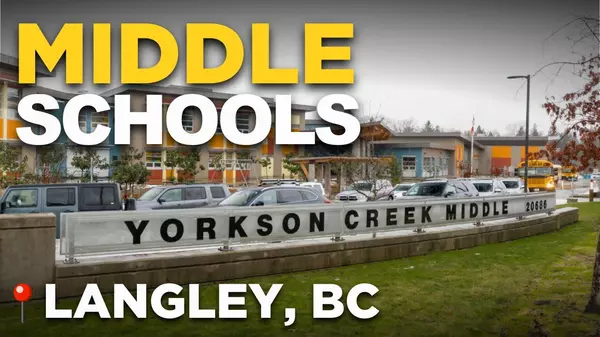

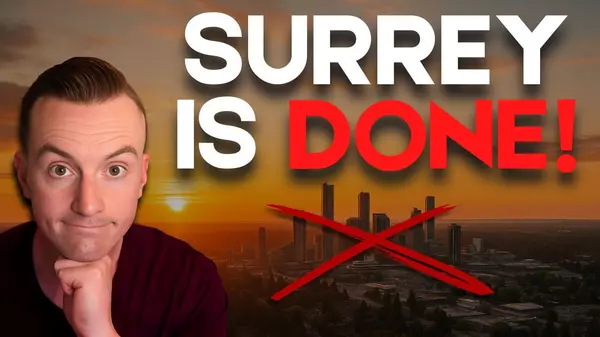
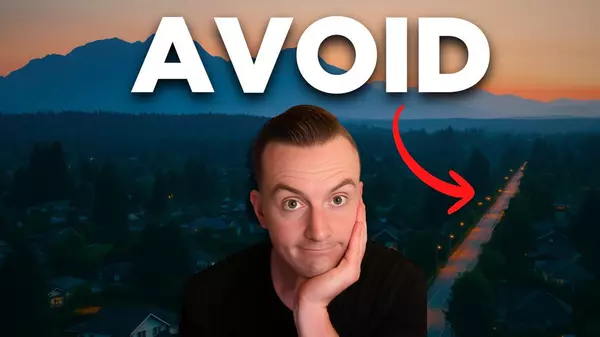

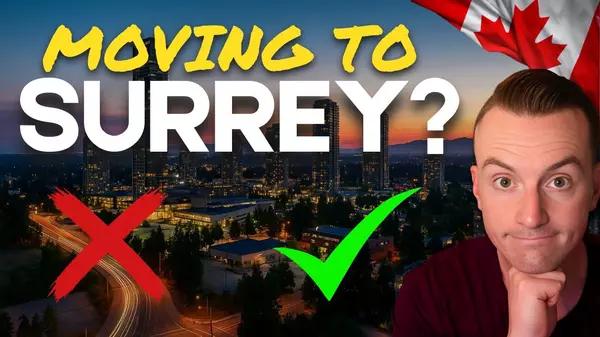

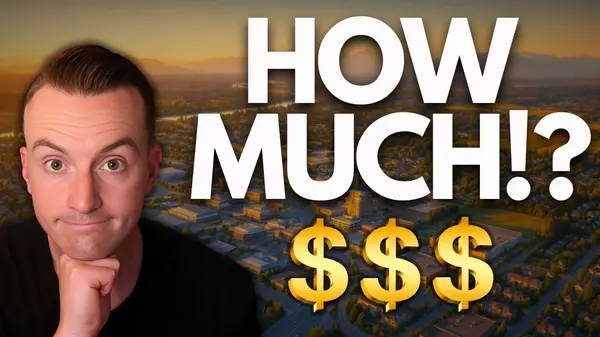

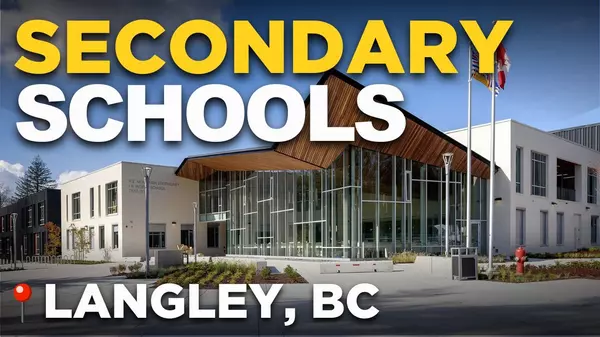
GET MORE INFORMATION

